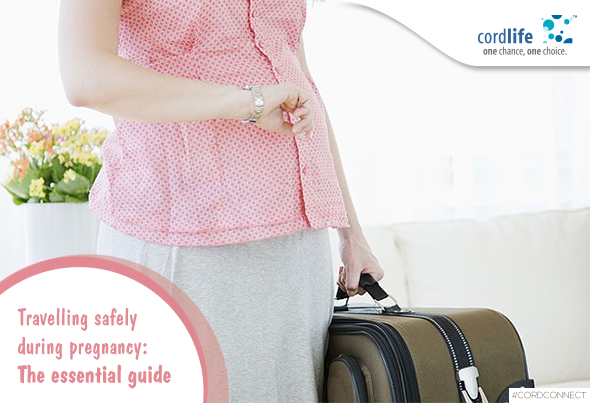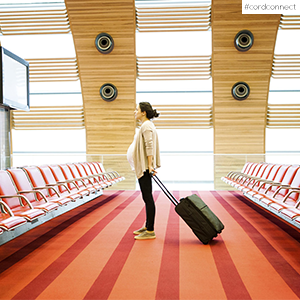Table of Contents
Your doctor’s advice and what your own body tells you are good enough indicators of whether you should travel during your pregnancy or not.
Your pregnancy brings with it a rollercoaster of emotions. Each of your waking moments is devoted to caring for your unborn baby. You completely modify your diet, start undergoing moderate amounts of exercise and also take care to get sufficient amount of rest. But then you need to travel for an unavoidable family celebration – and you wonder if it is a good idea.
There is no universal rule against travelling in pregnancy. The mode of travel, whether by bus, car, train or airplane, comes with its own set of challenges. However, most women feel that they should not travel when they are pregnant because it might be traumatic for the baby. The best way to know if travelling in pregnancy is safe or not is to ask your doctor. Some doctors can refuse to give you permission to travel once your second trimester begins, while others can greenlight your trip even when you are eight months pregnant.
Get a Check-up Before Your Trip
If your doctor examines you and finds that you are in good health, he or she may give you the go-ahead to travel. Be clear about the mode of travel you will be using, and ask for any emergency medication that you can take in case you experience travel sickness.
Air Travel is Normally not Recommended
Since cabin air pressure is low and may cause breathlessness, apart from increased fluid retention and painful joints, air travel is normally not recommended for pregnant women who have entered their second trimester. Some airlines take the added precaution of barring women over 36 weeks pregnant from travelling, as do many doctors. Pregnant women also experience discomfort while strapping on their seatbelt, and they may need to use the restroom several times during the flight.
Travel With all Important Details
Keep your doctor on speed dial, and carry all prescriptions, extra medications, copies of ultrasounds and prenatal charts, etc. It is a good idea to take a travel insurance policy so that you can be covered if you need to get medical treatment on your trip. Ask your doctor for the contact of a gynaecologist (if he knows one) in the place that you are going to in case of an emergency consultation.
Do Not Go to Places With Infectious Diseases
Your travel during pregnancy must be conducted in the safest possible conditions. Exposing yourself to infectious diseases exposes your unborn baby to risk as well. This was seen last year with the outbreak of the Zika virus, which infected several pregnant women in Africa, Asia-Pacific and the Americas. Find out the health and disease status of the place you are visiting before you book your travel.
Maintain Your Diet and Exercise While Travelling
Being on a trip should not take you away from your daily diet and exercise regimen. Your unborn baby’s health is completely in your hands. Eating the prescribed diet and exercising regularly should take precedence over all other activities.

